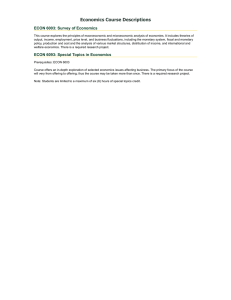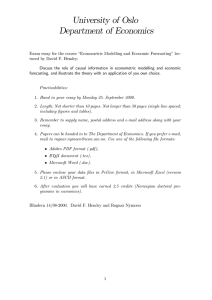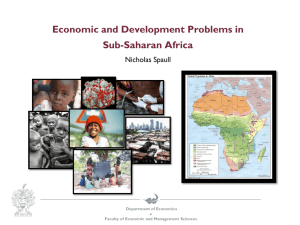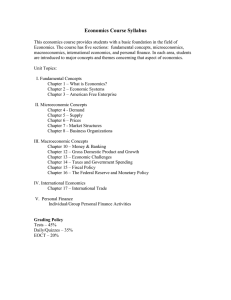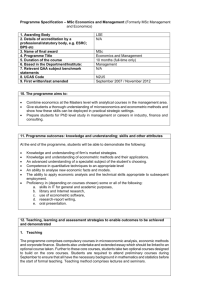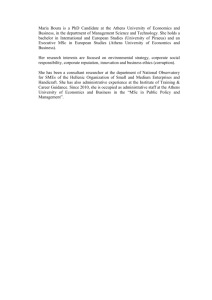Economia dell`istruzione
advertisement
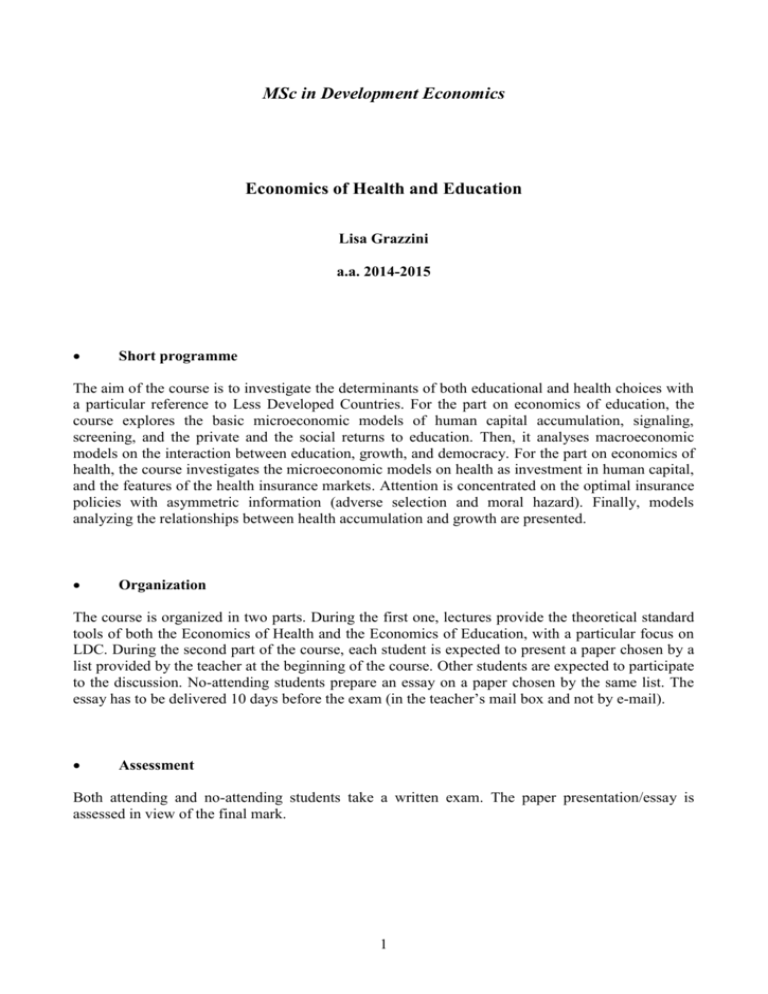
MSc in Development Economics Economics of Health and Education Lisa Grazzini a.a. 2014-2015 Short programme The aim of the course is to investigate the determinants of both educational and health choices with a particular reference to Less Developed Countries. For the part on economics of education, the course explores the basic microeconomic models of human capital accumulation, signaling, screening, and the private and the social returns to education. Then, it analyses macroeconomic models on the interaction between education, growth, and democracy. For the part on economics of health, the course investigates the microeconomic models on health as investment in human capital, and the features of the health insurance markets. Attention is concentrated on the optimal insurance policies with asymmetric information (adverse selection and moral hazard). Finally, models analyzing the relationships between health accumulation and growth are presented. Organization The course is organized in two parts. During the first one, lectures provide the theoretical standard tools of both the Economics of Health and the Economics of Education, with a particular focus on LDC. During the second part of the course, each student is expected to present a paper chosen by a list provided by the teacher at the beginning of the course. Other students are expected to participate to the discussion. No-attending students prepare an essay on a paper chosen by the same list. The essay has to be delivered 10 days before the exam (in the teacher’s mail box and not by e-mail). Assessment Both attending and no-attending students take a written exam. The paper presentation/essay is assessed in view of the final mark. 1
